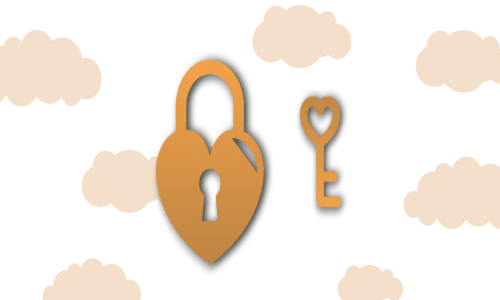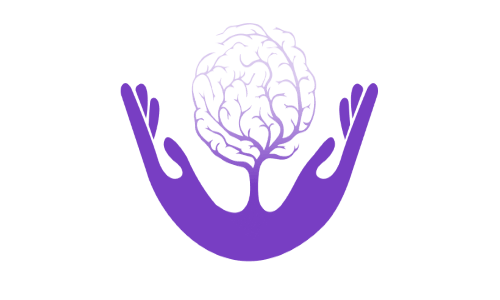
Live – Exposure’s Not The Only Way: Inference-Based CBT for OCD: Tools & Techniques
Open to access this content

Open to access this content

Open to access this content

Open to access this content

Open to access this content

Open to access this content